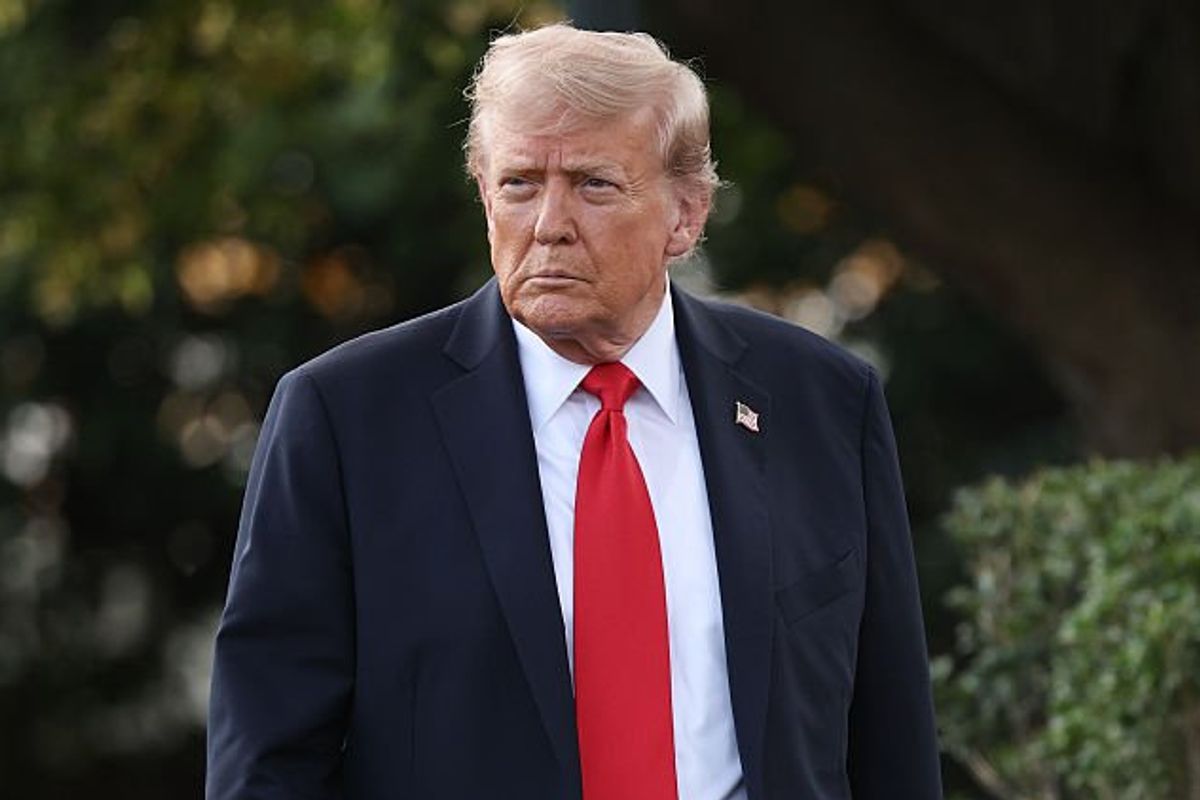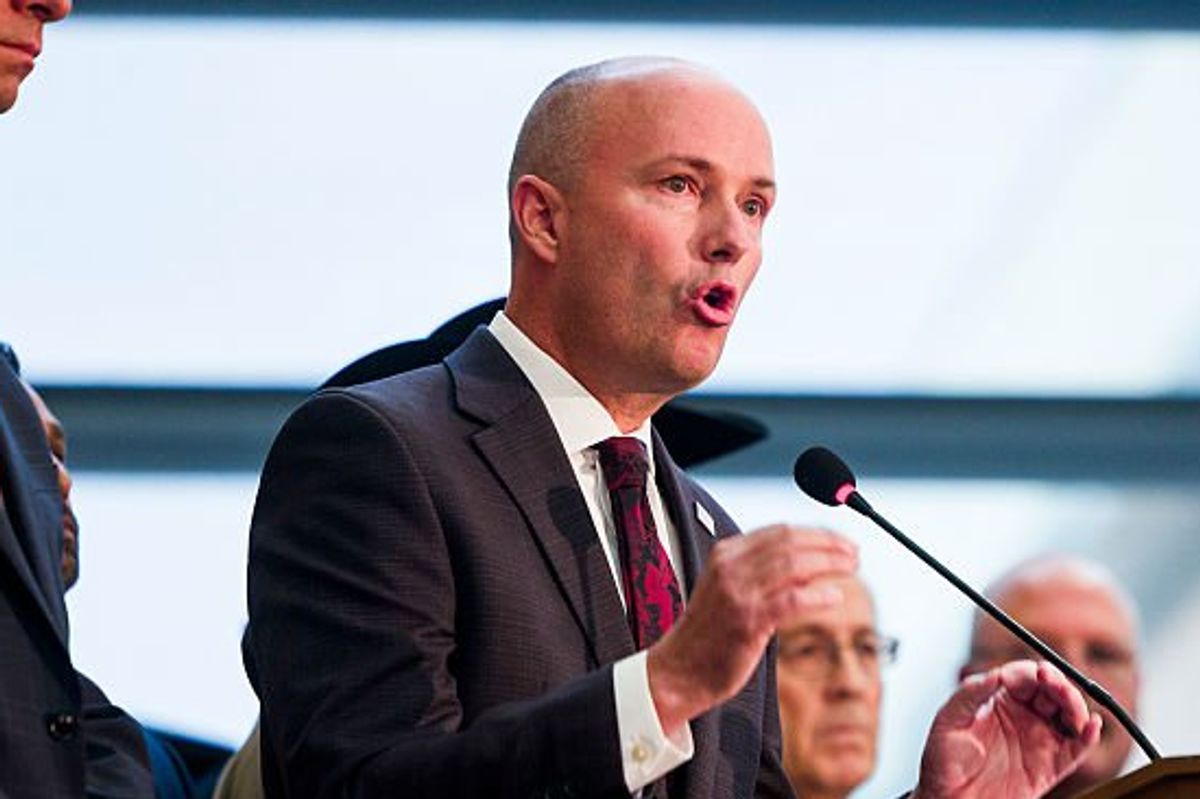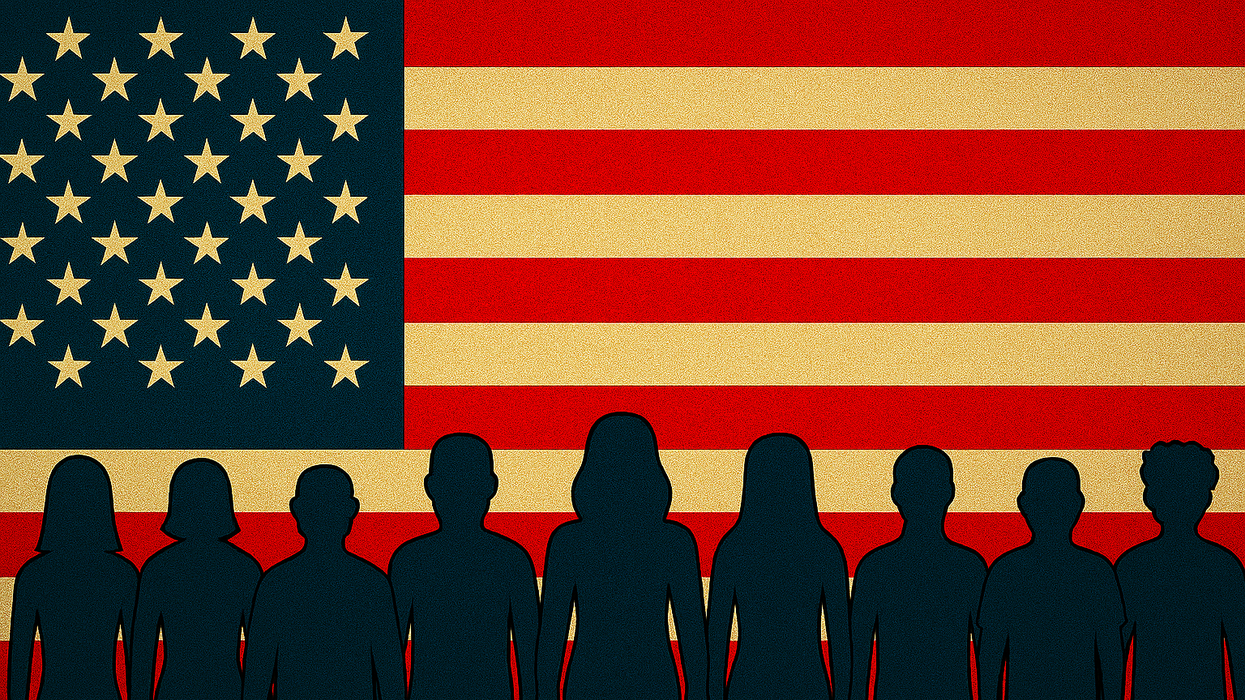In a sobering segment aired on CBS Sunday Morning, Pulitzer Prize-winning historian Jon Meacham addressed the escalating wave of political violence in the United States and its implications for the future of American democracy. Speaking with journalist Robert Costa, Meacham reflected on the recent assassination of conservative activist Charlie Kirk and a string of violent incidents targeting political figures and institutions.
"We do not want to be in a place where, because you disagree with someone, you pick up a gun. That is not what the country can be. And if it is, then it's something different. It's not the America we want," he said.
Kirk, a prominent 31-year-old conservative organizer and vocal supporter of President Donald Trump, was shot and killed during a public debate at Utah Valley University. The suspect, 22-year-old Tyler Robinson, was taken into custody the following day. Kirk’s death follows a series of politically motivated attacks, including assassination attempts on Trump, the firebombing of Pennsylvania Governor Josh Shapiro’s home, and the killing of Democratic lawmaker Melissa Hortman and her husband in Minnesota.
Donald Trump and the Rise of Political Violence
 U.S. President Donald walks toward reporters while departing the White House on September 11, 2025 in Washington, DC. (Photo by Win McNamee/Getty Images)
U.S. President Donald walks toward reporters while departing the White House on September 11, 2025 in Washington, DC. (Photo by Win McNamee/Getty Images)
In the wake of Charlie Kirk’s assassination, Utah Governor Spencer Cox offered a prayer that many Americans may have whispered silently: “Please don’t let it be one of us.” The suspect, Tyler Robinson, was indeed a resident of Utah. Cox’s words—raw, reflexive, and revealing—expose the deeper fracture beneath the tragedy: the fear that political violence is no longer an aberration, but a symptom of something endemic, something homegrown.
Meacham, author of The Soul of America: The Battle for Our Better Angels, framed the moment with chilling clarity: "Political violence erupts in America when there is an existential question—who is an American? Who deserves to be included in ‘We the people,’ or ‘All men being created equal’?” he said. “When that is in tension, when we don’t have common agreement about that, then, if you look at it historically, violence erupts." These are not rhetorical flourishes. They are the fault lines of a democracy under siege.
Cox’s plea—“not one of us”—is more than a governor’s hope for civic innocence. It is a mirror held up to a state, a party, a nation. It asks whether the violence we condemn is truly foreign, or whether it has taken root in our own soil, fed by grievance, tribalism, and the erosion of democratic norms.
Governor Cox’s Prayer Wasn’t Just Misguided—It Was Dangerous
 Utah Gov. Spencer Cox speaks at a press conference flanked by FBI director Kash Patel following the fatal shooting of political activist Charlie Kirk during an event at Utah Valley University on September 12, 2025 in Orem, Utah. (Photo by Michael Ciaglo/Getty Images)
Utah Gov. Spencer Cox speaks at a press conference flanked by FBI director Kash Patel following the fatal shooting of political activist Charlie Kirk during an event at Utah Valley University on September 12, 2025 in Orem, Utah. (Photo by Michael Ciaglo/Getty Images)
The historian urged political leaders and citizens alike to recommit to the foundational principles of peaceful debate and democratic engagement. “When we lose the capacity to engage in argument and dissent and debate peaceably, we are breaking faith with the American covenant,” he said. “And the American covenant is that we live in contention with each other, but we’re not at each other’s throats."
That covenant is not a relic. It is a living promise: that we can argue, protest, and disagree without resorting to bloodshed. When that promise fails, we are no longer debating policy—we are debating personhood.
The question now is not just who pulled the trigger, but what culture loaded the gun. What rhetoric normalized the threat? What silence enabled the escalation?
The segment concluded with Meacham’s call to action: “Make the case. Tell the story. What do you want the country to be? This is why history matters, I think, more than ever, because there’s not a hell of a lot going on in the present that you want to say, ‘Yeah, we want more of that.’ You want to tell the story of Omaha Beach. You want to tell the story of the Pettus Bridge. You want to tell the story of Gettysburg. Because those were moments where imperfect people actually created something better.”
Cox’s prayer and Meacham’s warning converge on a single truth: democracy is not self-sustaining. It requires restraint, recognition, and a shared belief that the other side is still part of the whole. Without that, we are not a republic—we are a battlefield.
Hugo Balta is the executive editor of the Fulcrum and the publisher of the Latino News Network. Balta is the only person to serve twice as president of the National Association of Hispanic Journalists (NAHJ).




















Trump & Hegseth gave Mark Kelly a huge 2028 gift